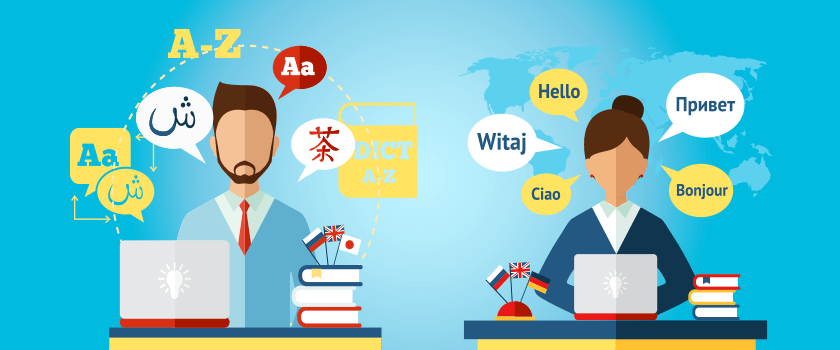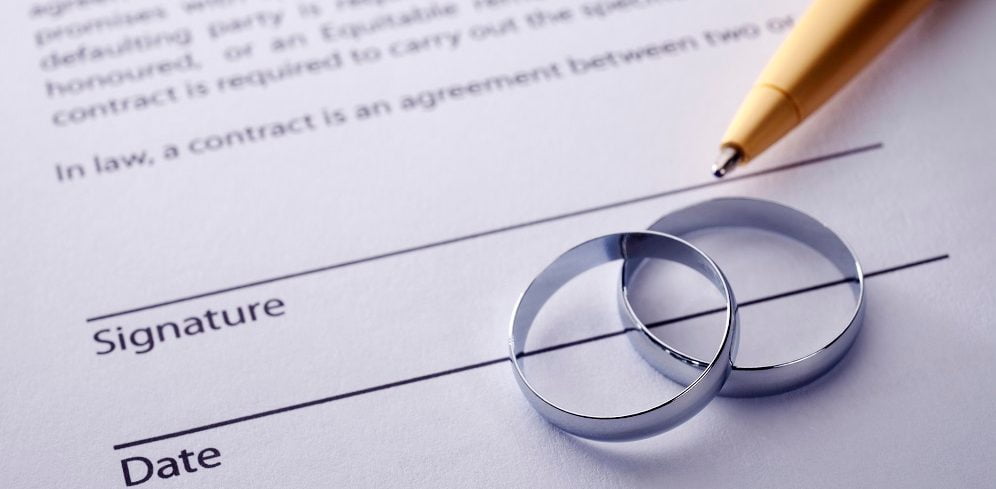In a globalized world, individuals and businesses often engage with each other across borders for employment, education and legal matters. German – Arabic certified translation has become more important with this increasing interdependence. In Dubai, translation from German is especially important for those working with immigration offices, courts, and embassies. The officially and accurately translated documents retain their legal effect and thus prevent the applicants from delays or rejections.
Understanding Certified Translations
A certified translation (or legal translation in UAE) is a translation where translation is given an official status and legal recognition. It is executed by a translator duly accredited by the UAE Ministry of Justice, who is authorized to provide evidence that the translation reflects the content of the original document in its entirety and is an accurate record of the content of the original document. Everything – from names, dates, seals and signatures – must be accurately recreated. Only translations done by Ministry approved translators are accepted for submission to courts, immigration authorities and embassies in Dubai and throughout the UAE.
When Certified German Translation is Necessary
Certified translation of German into English is required in a number of formal and legal circumstances. Immigration and visa applications are one of the most prevalent areas, in which applicants are required to submit translated copies of such documents as birth certificates, marriage certificates, academic diplomas and police clearances. Courts in Dubai may even ask for certified translations when a party submits a contract, judgment, or other piece of evidence in German.
For individuals or companies dealing with the German Embassy or Consulate in Dubai, certified translations will often be required in visa processing, document attestation or legalization procedures. Furthermore, universities and professional licensing authorities frequently require translated diplomas or transcripts issued in Germany, as a certification of the authenticity of qualifications. In each of these cases, the translation is an officially recognized version of the document, so that it will have the same legal value in the UAE as it does in Germany.
Legal and Procedure Requirements in Dubai
To ensure that a German translation is acceptable by official entities in Dubai, it must meet some legal and procedural standards. The first and most important requirement is that the translation must be done by a translator approved by the UAE ministry of justice. Sworn, or licensed, translators are those translators who are recognised by the government, and are specifically allowed to provide translations which can be presented in legal or government settings.
Documents that come from outside of the UAE, such as Germany, may need to be subjected to attestation before being translated. This process is usually done by certification by the relevant German authority, followed by attestation by the UAE Embassy or Consulate in Germany. Once the document reaches Dubai, additional attestation by the UAE Ministry of Foreign Affairs may be needed to verify the authenticity of the document.
If a document is going to be used in Germany instead of the UAE, the reverse process applies. The German Consulate in Dubai can legalize documents issued in the UAE if they comply with the required authentication requirements. This process is used to make sure that the document and its translation is valid to be used in both jurisdictions.
Language and Format Standards
The language of translation depends upon the requirements of the receiving authority. Immigration offices in the UAE require translations into Arabic in most cases, but embassies and courts may handle translations in English or German. Regardless of what the target language is, the translation should preserve all the elements of the original document, including legal terminology, formatting, and official seals.
Every certified translation must have a declaration of accuracy, the seal or stamp of the translator and the number of his license. Without these identifiers, the document may not be recognized to be official. It is also critical for applicants to keep both the original and translated versions of their documents as authorities often ask to see both of them during verification.
The Process of Getting a Certified German Translation
The process starts with the determination of requirements of the institution in which the document will be submitted. Whether it’s a court, embassy, or immigration office, each different authority might have certain expectations with respect to language, attestation and formatting. Once the requirements are clear, the applicant must collect the original documents and make sure that any required attestations are done.
The next step is to enlist the help of a certified translation service. The translation company or translator will then translate, proofread and certify the document with the official seal and declaration of accuracy. Some documents may also need to be subjected to additional legalization or attestation by the Ministry of Justice or Ministry of Foreign Affairs depending on their intended usage. After these are done, the translated and attested documents are ready to be submitted to the relevant institution.
Cost and Turnaround Time
The average price of the certified German translation in Dubai is based on the nature of the document, the size of the document and the urgency of the order. Simple civil records like birth or marriage certificates are normally cheaper than long legal contracts or technical reports which are expensive. Prices vary on average between AED 100 and AED 250 per page. A lot of translation agencies can also provide same-day or express services on the urgent requests but they tend to be priced higher.
Regarding the turnaround time, simple translations can be done within the span of 24-48 hours, but more complicated or sensitive in the law context may take days to be done, particularly where other attestations are needed. Having schedules and timeframes agreed with the translation provider should also avoid unnecessary delays.
How to find the Right Translation Provider.
Choosing a good translator is important in making sure that your papers are not rejected. Ministry of Justice accreditation is the most significant one, as only an accredited translator is able to create certified translations that can be accepted by the UAE authorities. Knowledge of dealing with German documents is also important especially when dealing with legal and technical documents where terminology accuracy is imperative.
A good translation firm will provide a notice of accuracy, put its official seal, and the translator license number on all pages of the translated document. Another important sign of professionalism is transparency concerning the pricing and turnaround time as well as other costs of the legalization. Considering the sensitivity of information that is in most official documents, confidentiality and safe data management must always be ensured.
Common Mistakes to Avoid
The use of non-certified translators or automated translators is one of the most frequent mistakes as it appears to be cost-effective, but the documents will be denied by the authorities. Omission of attestation/legalization procedures is another common problem, which may slow down applications. Applicants are also expected to make sure that all official seals, stamps and declarations of translators should be incorporated in the final translation. Low quality of translation, particularly in the legal terminology or personal information like names and dates can cause great headaches in the immigration or legal proceedings. In order to prevent such failures, it is preferable to hire qualified specialists and provide the process with enough time.
Conclusion
German translation is a mandatory process in Dubai that requires certification of any person who has to deal with immigration, courts or embassies. It provides that documents are legally standing and accepted by the authorities in different jurisdictions. Through the knowledge of the legal conditions, the right course of actions, and a professional translator, a person and an organization may successfully pass through the process and feel at ease with it. You can also be sure that your documents are accepted and your applications do not stay in pointless complications with correct certified translations.


